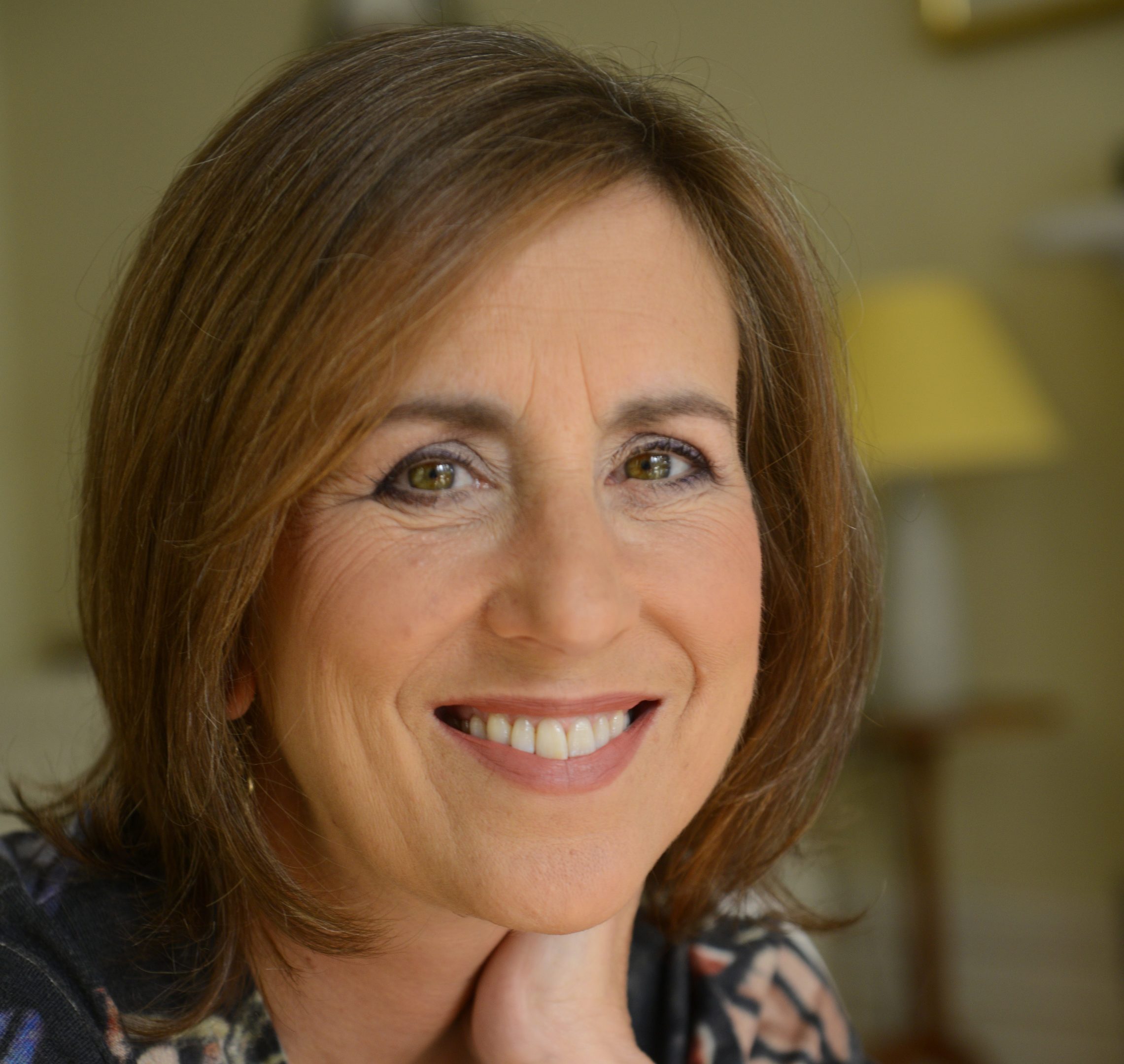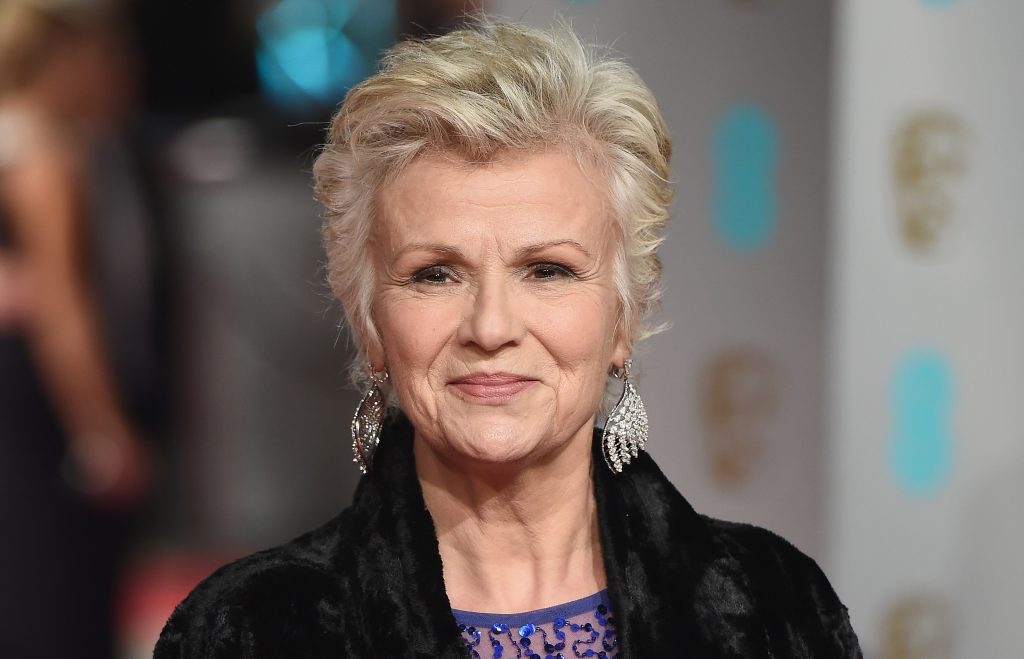
HOW should we approach life after 60? That’s one of the topics under discussion at this weekend’s Women Of the World Festival in Perth.
The festival is one of many with the WOW name, which take place in 20 cities across five continents.
The Perth event has featured discussions and workshops, while Kirsty Wark chaired a discussion around the realities women face in their sixties and beyond.
So is 60 the new 30? The Sunday Post finds out more …
Kirsty Wark believes women in their 60s should make the most of what can be the best years of their lives. She thinks they should be celebrated by the wider population, too.
Her message is loud and clear – we’re not finished yet!
Kirsty is 62. She says women of 60 these days are completely different to their counterparts a few decades ago.
“Now when they are hitting 60, women are in no way winding down,” she says. “They are in many ways in the prime of their life, in terms of their job and their outlook.
“Half a century ago it used to be that women over 60 were thought of as being, if not washed up, then winding down. I would say that’s a complete nonsense now.”
The change is partly down to improved knowledge of nutrition and wellbeing. But there’s also a big dose of attitude behind it.
Think of the women who are still highly visible and brilliant examples of living life to the full – in their 60s and beyond.
Starring in her own TV series next month, 67-year-old Julie Walters.
Helen Mirren, 72 and starring in the upcoming film, Winchester.
Joan Collins, 84 and head of her own make-up range. Never seen without her red lipstick and a big dose of glam.
“We have got to embrace life,” says Kirsty. “Things change and this indeed is the sandwich generation, where women are looking after parents and perhaps looking after kids as well or indeed their grandchildren.
“There should be recognition that women in their sixties play a massive role. And can actually have a bigger role to play, too.” Improved knowledge and commitment to wellbeing is a big part of it. Kirsty herself admits she makes an effort to stay fit.
“Weight-bearing exercise is a key thing. I am lucky enough to have a personal trainer. I play tennis and I swim every week. I became much more conscious of exercise after the menopause programme I did,” she says.
“I had a dexa scan (which measures bone density). I realised then that I had to do more exercise – and I’m keeping fitter now than perhaps I ever have.”
She’s referring to a programme she presented earlier this year, The Menopause And Me.
“I’ve never had such a reaction to a programme. I had women from all walks of life telling me the next day they phoned their GP, went in and demanded to be reassessed,” she says. “It was so lovely to have people saying, you know, that programme changed my life.”
Kirsty believes there are distinct advantages to hitting your sixties.
“You learn to be more tolerant and forgiving. Well, on one hand you’re more forgiving, but on the other hand there’s been this thing that women, particularly of my generation, they have had to please everybody,” she says.
“Women have realised actually that’s not necessary. They can stretch themselves too thinly. But you learn to prioritise more, it becomes a really big thing.”
For Kirsty, one of the areas she prioritises now is friendship.
“There’s nothing like good friends, they are just one of the joys of life,” she says. “And I think you nurture your good friends.”
Women in their sixties are often much-valued for their babysitting skills, of course. Who doesn’t love spending time with their children and grandchildren? But Kirsty believes women should have other interests and not be completely at their beck and call.
“If women in their sixties have got children and grandchildren, I do not think they should give their whole lives over to them. I really don’t think that is a good idea,” she says.
“Women should not always be ‘on tap’. They should enjoy their families. But they should have time for themselves, too.”
Would Kirsty turn back the clock to her thirties?
“No, I wouldn’t. I’ve been lucky. I wish my knee didn’t hurt. I wish I hadn’t broken my nose twice. But all those things are just part of the experience of life.
“Writer Germaine Greer said women become invisible after their forties.
“I don’t think that’s the case any more and in fact we need to be more visible.”

Enjoy the convenience of having The Sunday Post delivered as a digital ePaper straight to your smartphone, tablet or computer.
Subscribe for only £5.49 a month and enjoy all the benefits of the printed paper as a digital replica.
Subscribe